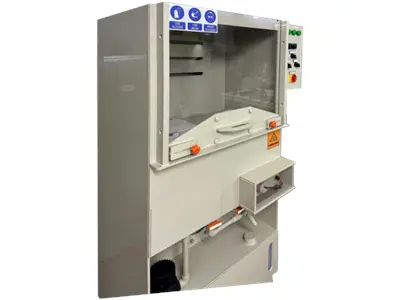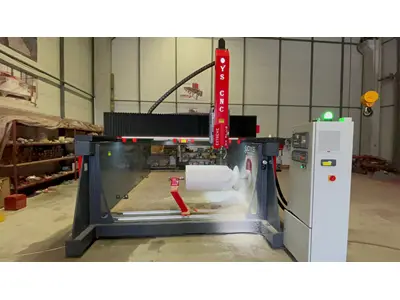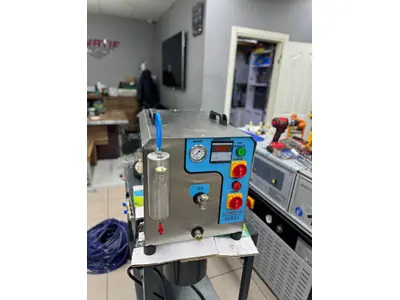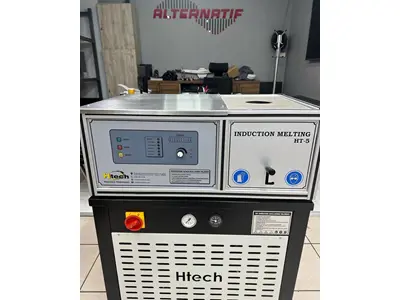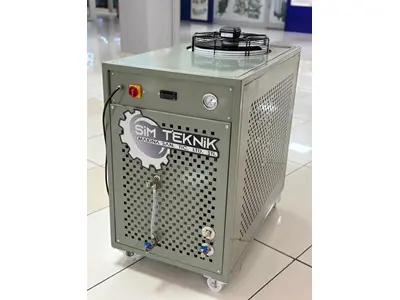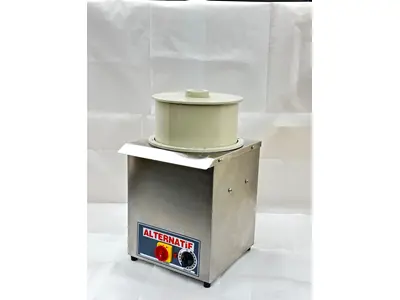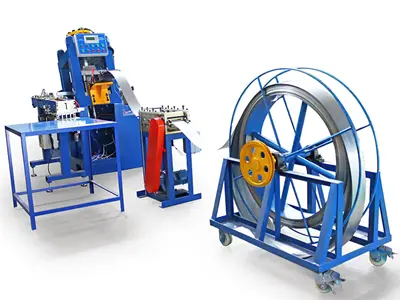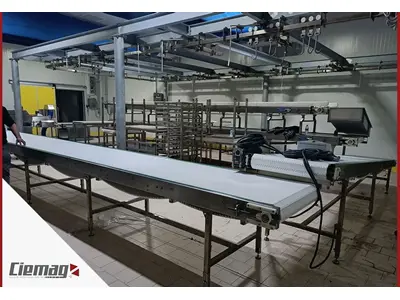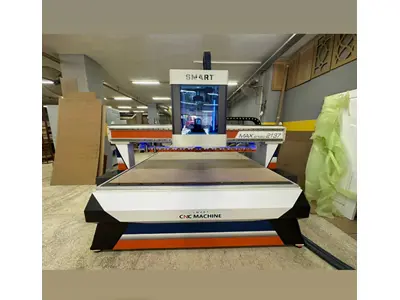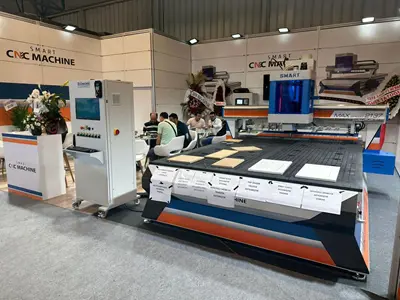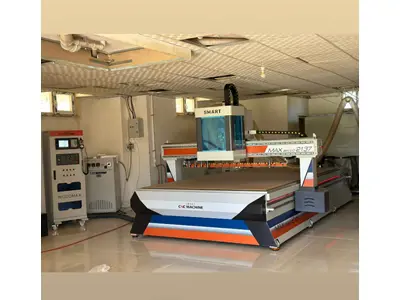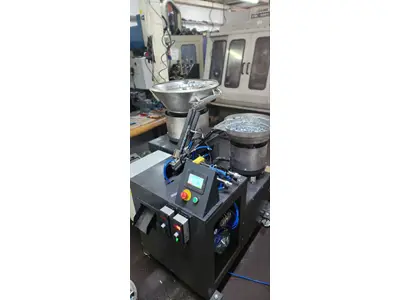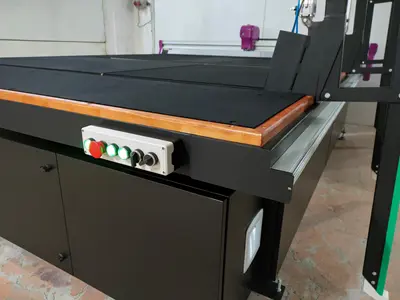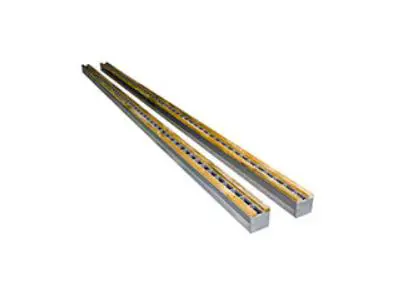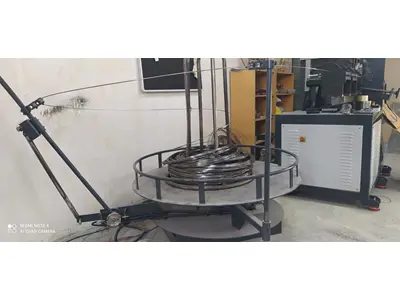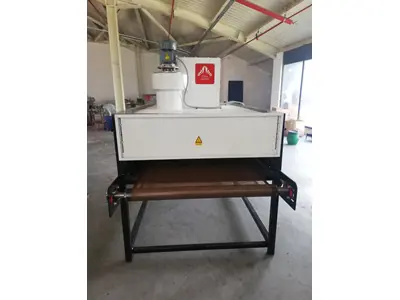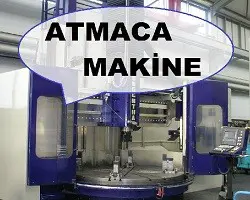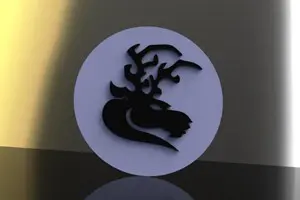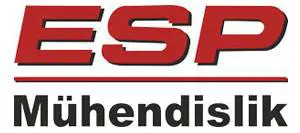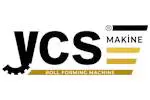Brake Manufacturing Machinery kategorisinde ürün bulunamadı.
Benzer kategorideki diğer ilanlar listelenmektedir.Areas of Use of Manufacturing Machines
Manufacturing Machines is the branch of industry that processes raw materials into consumer goods, intermediate goods, or capital goods. Chip machining machines that include CNC machining centers, lathes; metal cutting machines that house machines like metal strip saw, circular saw; welding machines such as MIG/MAG welding machines, spot welding machines; painting systems, pipe profile machines, jewelry machines, and more manufacturing machines are waiting for you on our page. We have gathered the best companies in the manufacturing machines sector to deliver you the highest quality products. You can find answers to all your questions about company information, details of manufacturing machines, and their functions on this page. We are here for you with over 6000 new and second-hand options for manufacturing machines that will meet your needs the best. Instant access to hundreds of brands and models, in the Manufacturing Machines category. Manufacturing machines production is a very simple process; business owner buys raw material or component parts to produce the final product.
The production of raw materials and commercial goods, based on processing or preparation. This includes all foods, chemicals, textiles, machinery, and equipment. It includes all refined metals and minerals extracted from mined ores. This includes all lumber, wood, and pulp products. The Industries in the Machinery Manufacturing subsector create final products that apply mechanical force, such as gears and levers, to do work. Some important processes for machine manufacturing are forging, stamping, bending, shaping, and machining of metal parts. Processes like welding and assembly bring together separate parts.
A factory runs one of three production types:
Make-to-Stock (MTS) - A factory produces machines for stock stores and showrooms. In order to predict the market for manufacturing machines, the manufacturer will plan production activities in advance. If they are producing too many machines, they may need to sell at a loss or may miss the market by producing too few machines and not be able to cover costs.
Make-to-Order (MTO) - Manufacturers of manufacturing machines wait for orders before producing manufacturing machine stock. Inventory management is easy, and the manufacturing machines owner does not need to rely on market demand. However, the waiting time for manufacturing machines customers is long, and the manufacturer of manufacturing machines needs a constant flow of orders to keep the factory in production.
Make-to-Assemble (MTA) - The factory produces component parts by anticipating assembly orders. By doing this, the manufacturer is ready to fulfill customer orders, but if orders do not materialize, the manufacturer will have unwanted part stock
Key to Keeping Risks Under Control
There are risks in all three types of production; if supply increases significantly, you flood the market, causing a drop in price and profit. By not meeting demand, your customer may go elsewhere with lower sales. Quality control is also a major factor in successful manufacturing. The manufacturer must closely monitor product quality throughout and perform many tests. If there are errors, the long-term consequences can be serious.
An manufacturing enterprise may require many parts for the complex assembly of a high-quality product or very few for a simple improvement. Keeping production costs to a minimum, having good quality control, and excellent sales management are key to reducing all manufacturing risks.
